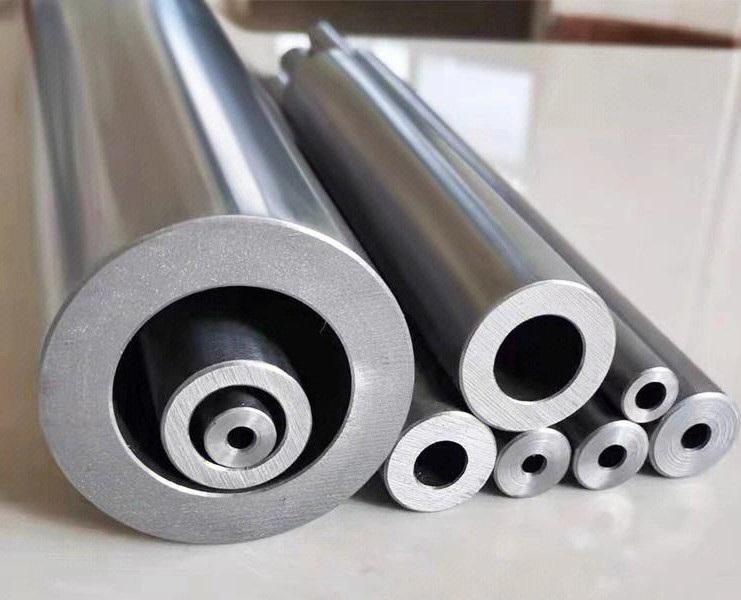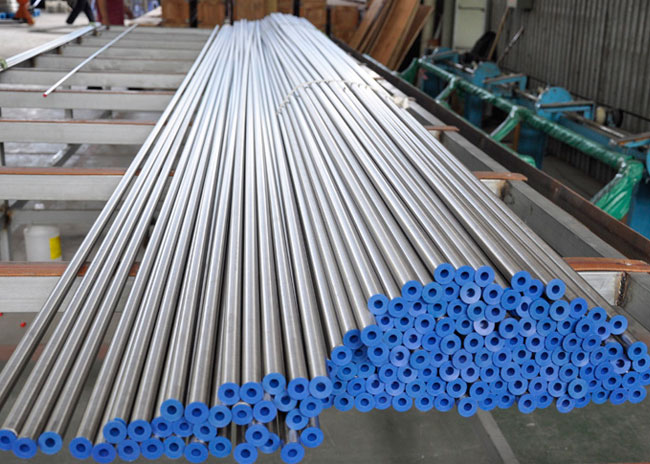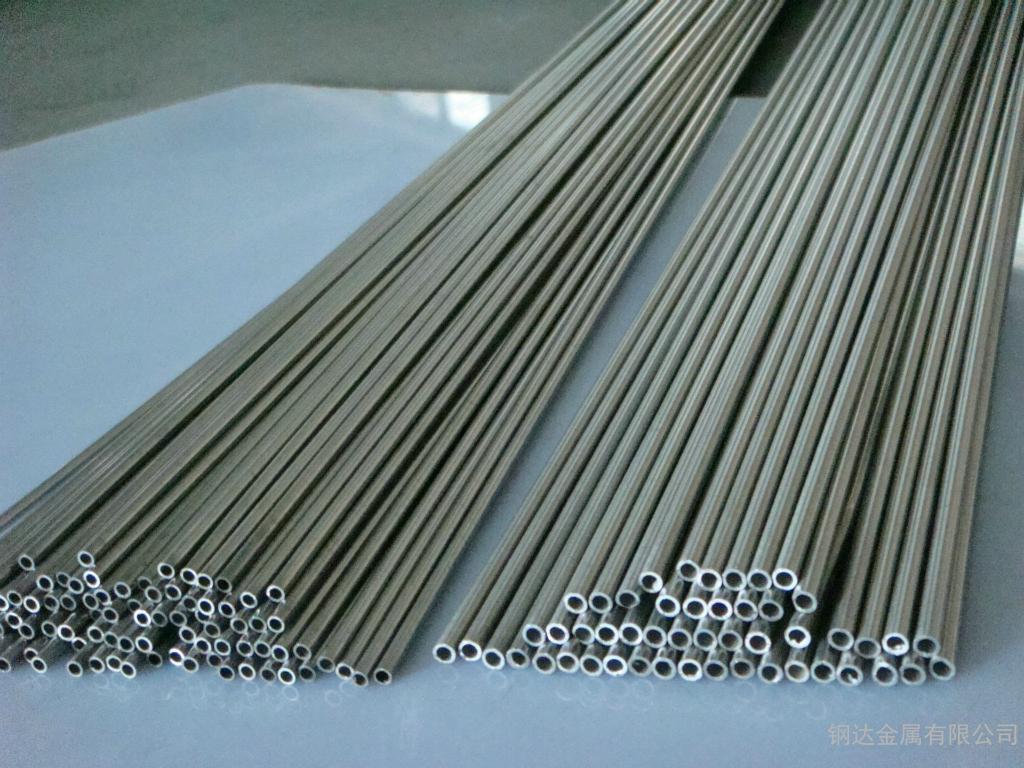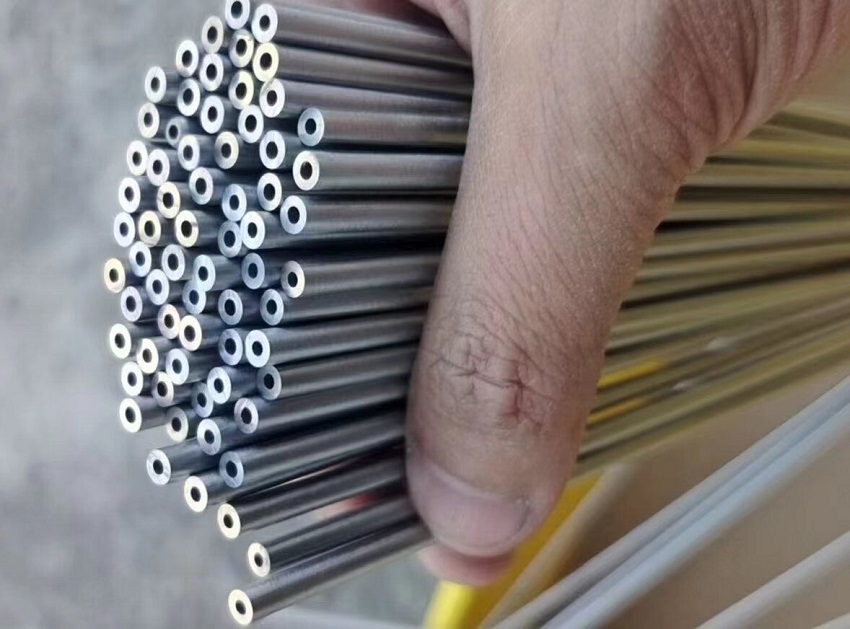NEWS CENTER
What is stainless steel instrumentation tubing?
Stainless Steel Instrumentation Tubing Definition:
Stainless steel instrumentation tubing refers to a specialized type of tubing primarily used in industrial applications, particularly in sectors like oil and gas, chemical processing, and aerospace, where precise measurements, durability, and resistance to corrosion are crucial. This tubing is typically manufactured from high-quality stainless steel alloys, such as 304 or 316, known for their excellent corrosion resistance properties. It is designed to withstand harsh operating conditions, high pressures, and extreme temperatures while maintaining dimensional stability and integrity. Instrumentation tubing often features precise dimensions and smooth internal surfaces to facilitate the flow of fluids or gases and ensure accurate measurements by instruments like pressure gauges, flow meters, and temperature sensors. Its versatility, reliability, and performance make it a preferred choice for critical fluid handling and measurement applications in various industries.
Stainless Steel Instrumentation Tubing Dimensions (Typical Sizes):
Typical sizes of stainless steel instrumentation tubing vary based on standards and specific applications. Common dimensions include:
- Outer Diameter (OD): 1/8 inch (3.175 mm), 1/4 inch (6.35 mm), 3/8 inch (9.525 mm), 1/2 inch (12.7 mm), etc.
- Wall Thickness: Typically ranging from a few millimeters to several millimeters, depending on application requirements.
Stainless Steel Instrumentation Tubing Production Standards:
1. ASTM Standards: ASTM A269 (Standard Specification for Seamless and Welded Austenitic Stainless Steel Tubing for General Service), ASTM A213 (Standard Specification for Seamless Ferritic and Austenitic Alloy-Steel Boiler, Superheater, and Heat-Exchanger Tubes).
2. EN Standards: EN 10216-5 (Seamless steel tubes for pressure purposes - Technical delivery conditions - Part 5: Stainless steel tubes), EN 10217-7 (Welded steel tubes for pressure purposes - Technical delivery conditions - Part 7: Stainless steel tubes).
3. ISO Standard: ISO 1127 - "Stainless Steel Tubes - Dimensions, Tolerances, and Conventional Masses."
Stainless Steel Instrumentation Tubing Material:
- Stainless Steel Material: Mainly utilizes austenitic stainless steels, such as 304 and 316. Among them, 304 is suitable for general purposes, while 316 is preferred for environments requiring higher corrosion resistance, such as those containing chloride media.
Stainless Steel Instrumentation Tubing Surface Types:
- Polished Surface: Can have different levels of polish, commonly 180Grit, 320Grit, etc.
- Pickled Surface: Treated with acid to improve surface smoothness and corrosion resistance.
- Mirror Finish:Highly polished surface for superior smoothness, often used in applications demanding a high aesthetic standard.
Stainless Steel Instrumentation Tubing Characteristics:
1. Corrosion Resistance: Stainless steel imparts corrosion resistance, making it suitable for challenging environments.
2. Strength and Durability: Possesses high strength and durability, suitable for high-pressure and high-temperature environments.
3. Malleability and Processability: Stainless steel is easily shaped and processed, making it suitable for complex pipe configurations.
4. Temperature Resistance: Applicable over a wide temperature range, including high and low-temperature environments.
5. Hygienic Performance: Critical in industries like pharmaceuticals and food processing, with emphasis on cleanliness and easy cleaning.
Stainless Steel Instrumentation Tubing Applications:
1. Instrumentation and Control Systems: Used for transmitting liquids and gases in measurement and control systems.
2. Chemical and Petrochemical Industries: Widely used in pipelines for the transmission of chemicals and gases.
3. Oil and Gas Industry: Employed in various applications, including hydraulic and pneumatic systems.
4. Pharmaceutical and Biotechnology: Extensively used in industries where hygiene and sterility are crucial.
5. Energy Industry: Used in power plants for applications such as heat exchangers.
6. Aerospace and Automotive: Stainless steel tubing is utilized in certain components requiring corrosion resistance and strength.

Stainless Steel Instrumentation Tubing
请输入搜索关键字
确定






